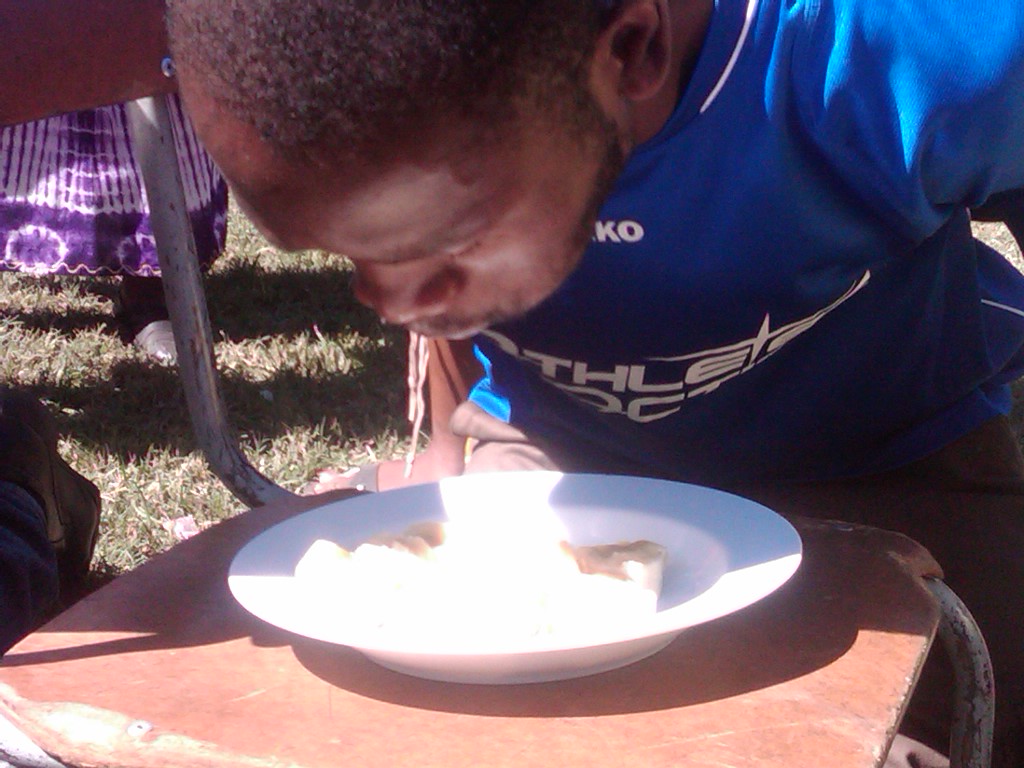|
J Life Zimbabwe
J-Life Africa is a non denominational movement that exists to train leaders to mobilise disciplemaking movements in Africa and to the ends of the earth.
Thursday, October 3, 2013
TOO MUCH 'AGAINST,' NOT ENOUGH 'FOR' by Rick Lawrence
THE JESUS I BARELY KNEW by Jason Ostrander
|
Tuesday, October 9, 2012
Monday, June 4, 2012
Thursday, May 31, 2012
J-Life Africa history
J-Life Africa is a non denominational movement that exists to train
leaders to mobilise disciplemaking movements in Africa and to the ends
of the earth.
J-Life Africa has representatives in 15 countries around Africa. Our present administrative and training hub is South Africa. A new centre is set up in Zambia and following that in 4 other regions across Africa.
J-Life Ministries launched in January 2001 with our primary focus being training and coaching emerging leaders to implement the disciplemaking model as taught by Sonlife. For this to be done effectively, potential leaders were recruited annually for a year-long programme. These leaders were trained and coached intensively for a four-month period and then released to multiply this training by coaching others in local church contexts.
Sonlife Africa launched at the same time and operated as a seminar training organisation. Within a few years training had spread into 16 countries across the continent of Africa. Sonlife Africa set aside country leaders in 7 countries.
In 2005 J-Life Ministries merged with ASAP (Africa Sports and Praise) and a ‘year of your life’ programme. This diversified our training to incorporate sports ministry, using the arts and a Life Discipleship Programme.
From the beginning, J-Life Ministries and Sonlife Africa felt that we shared the same DNA but due to a difference in methods of implementation, two separate movements were formed. In 2006, God led the two ministries to merge which would bring together the different methodologies and strengthen the movement.
At our annual gathering of African leaders in 2007 it was decided to use the name J-Life Africa.
J-Life Africa has representatives in 15 countries around Africa. Our present administrative and training hub is South Africa. A new centre is set up in Zambia and following that in 4 other regions across Africa.
J-Life Ministries launched in January 2001 with our primary focus being training and coaching emerging leaders to implement the disciplemaking model as taught by Sonlife. For this to be done effectively, potential leaders were recruited annually for a year-long programme. These leaders were trained and coached intensively for a four-month period and then released to multiply this training by coaching others in local church contexts.
Sonlife Africa launched at the same time and operated as a seminar training organisation. Within a few years training had spread into 16 countries across the continent of Africa. Sonlife Africa set aside country leaders in 7 countries.
In 2005 J-Life Ministries merged with ASAP (Africa Sports and Praise) and a ‘year of your life’ programme. This diversified our training to incorporate sports ministry, using the arts and a Life Discipleship Programme.
From the beginning, J-Life Ministries and Sonlife Africa felt that we shared the same DNA but due to a difference in methods of implementation, two separate movements were formed. In 2006, God led the two ministries to merge which would bring together the different methodologies and strengthen the movement.
At our annual gathering of African leaders in 2007 it was decided to use the name J-Life Africa.
Subscribe to:
Comments (Atom)










